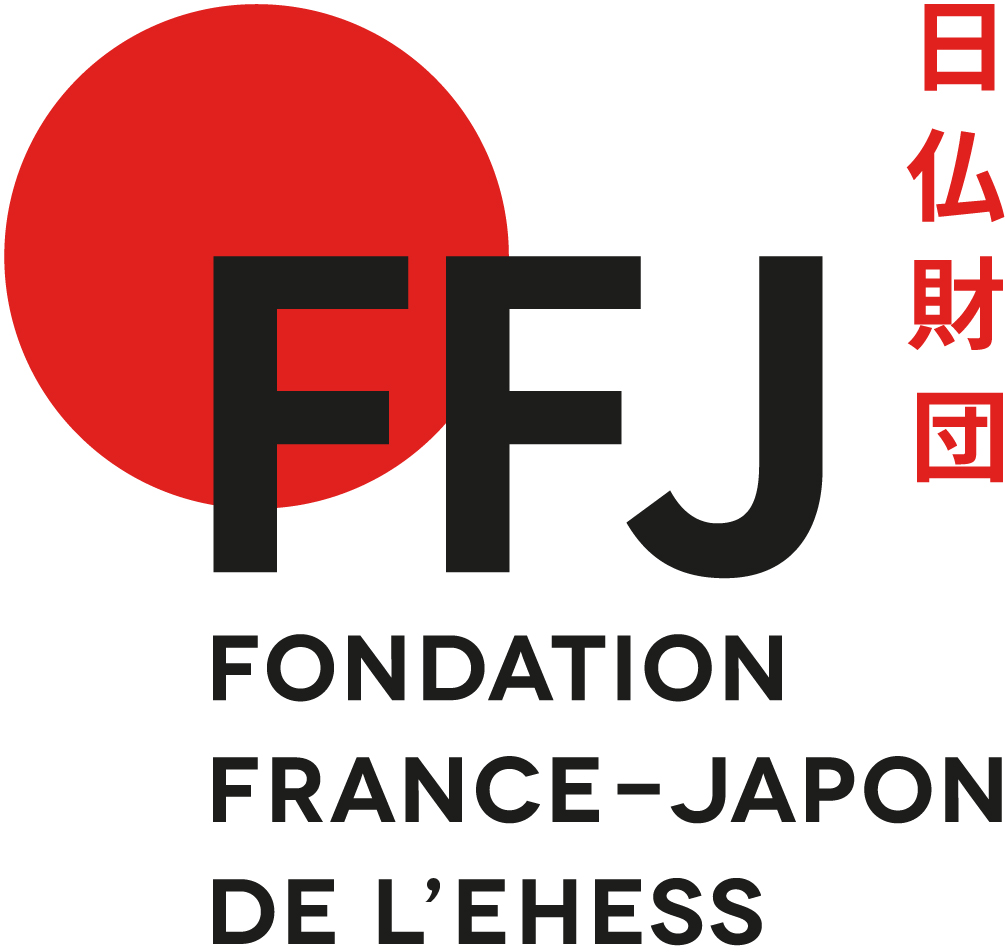Philippe MOSSEComparing Hospitals and Nurses in Japan and France
Hospital systems throughout the developed world are undergoing waves of reform which seek to address multiple challenges of intensifying acuity, such as population ageing, technological advance, heightened expectations on the part of increasingly informed patients, the reduction of public spending deficits and the specialisation of staff, especially nurses, as well as the difficulty in establishing appropriate incentives for change and improved performance. Within such a context, the purpose of a book released in March 2011[1]is to analyse the interaction between the nursing professions and hospital institutions in France and Japan, taking as its starting point the conviction that comparative analysis of empirical reality in each of these countries will provide new insights into the transformations currently taking place.
To that end, the material in this study has been contributed by an international, interdisciplinary team of experts, combining economic, sociological, political and historical perspectives, which are brought to bear upon evidence from original research carried out in both countries. The findings reveal that the relationship between the nursing profession and hospital structures in Japan is characterised by the predominance of a domestic logic, rooted in dependence upon the institution and the promotion of supposedly “feminine” qualities, in sharp contrast with the French situation, where industrial and professional logics prevail, entailing specialisation, independent initiative and increasing workloads.
In effect, the analyses have yielded the following empirical conclusions: in the Japanese system, hospital stays are long, nurses are young and not very highly qualified, and there is a high rate of turnover in this profession. In the French system, hospital stays are short, nurses are specialized and experienced, and they pursue long careers. In both cases, “mutual expectations” have been involved. The fact that French nurses pursue long careers incites hospitals to invest in human capital. In return, nurses commit themselves to training for their profession, knowing that they will benefit from this commitment, even after their marriage. The vocational training they acquire contributes to increasing the standardization of the practices in line with the industrial model. Along with the patient turnover, this standardization has led to hospital stays being shortened in line with the principle of tense flows (“just in time” like). Intense hospital care is therefore expected and implicitly demanded by all those involved (patients, doctors, families, etc.), which naturally promotes increasingly technical work. This explains why there are as many Nursing Assistants as nurses at French hospitals. This makes the two ends meet between the short term (length of hospital stays) and long term issues (nurses’ continuing vocational training). Japanese hospitals and their medical directors expect nurses to give up their jobs when they get married. Hospitals therefore do not invest in training their nurses. As nurses are well aware of this situation before joining the profession, they know that it will be impossible to find a balance between their work and their family lives. This attitude makes everyone accept the fact that most nurses’ careers are bound to be short and they will not have many opportunities of acquiring technical skills. This whole process is also in line with the commonly held idea that nurses’ qualities are essentially feminine ones (caring and curing) involving trust and attentiveness. This is why there are so few nursing assistants at Japanese hospitals, whereas there are many matrons in comparison with the number of nurses. Long hospital stays therefore meet the efficiency and quality criteria which pertain in the “domestic world”. In short, it can be said that Japanese hospitals are open to their local social environment and make a compromise between the persistent domestic convention and a combination between the market and industrial models, whereas French hospitals are firmly rooted in the industrial world and do not seem to lend themselves to the market model which some reformers would like to impose on them.
From this perspective, the future development of the nursing profession in Japan is inextricably linked to the forms taken by the process of women’s emancipation, whereas in France, it is the evolution of hospital structures, of the position of nurses in the healthcare system and of the division of labour within the world of medicine which emerge as the determining factors. [1] MOSSÉ (P.), HARAYAMA (T.), BOULONGNE-GARCIN (M.), IBE (T.), OKU (H), ROGERS (V.), Hospitals and the Nursing Profession: Lessons from Franco-Japanese Comparisons, Ed. John Libbey, March 2011.
|
 |
Recherche |  |
FFJ Research Statement |  |
Philippe MOSSE |
| Inscrivez-vous à notre Lettre en cliquant ici |
*En cas de problème, vous pouvez aussi vous inscrire en envoyant un mail à sympa@ehess.fr, avec pour titre "subscribe ffj_french_news".






